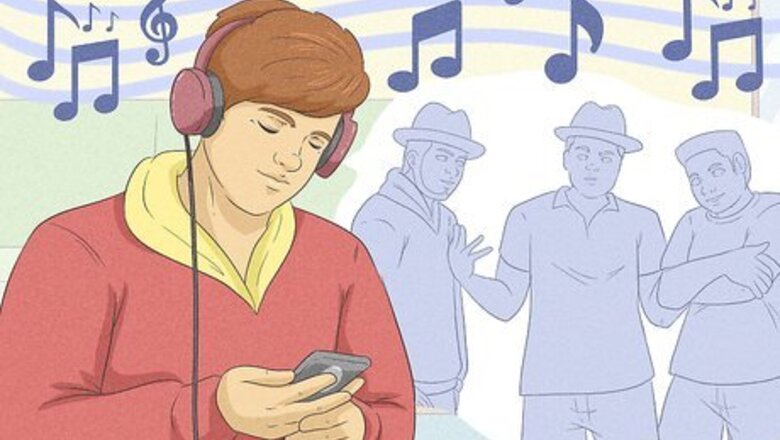
views
Working on Your Lyrical Skill
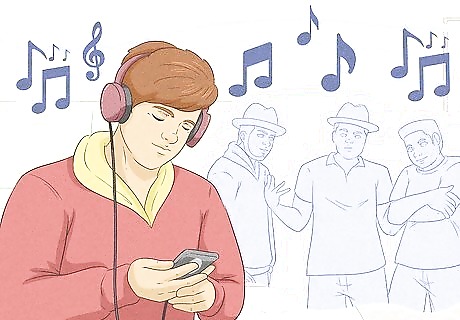
Analyze what other rappers are doing. Great artists in any field need to have a working knowledge of the legends who laid the groundwork in the field, as well as the contemporaries currently shaping the industry, and rap is no different. Spend time listening closely to everything from Run DMC to Tupac to local artists around you who haven’t made it big. Being a connoisseur alone isn’t enough. Break the lyrics and rhythms of your favorite and least favorite songs down into component parts. Ask yourself what succeeds and what fails in every example. Hold yourself accountable to the same standards you hold other rappers. If you realize that you’re tired of hearing some worn-out rhyme in other songs, then you need to avoid that same pitfall yourself, for instance.
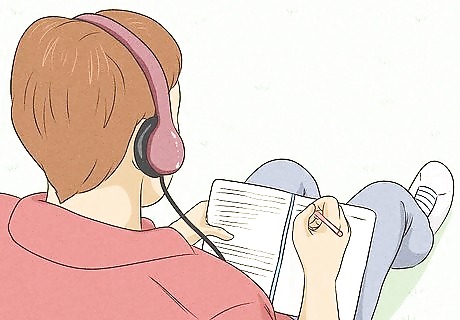
Write everything down. Think you've got a good idea for a lyric? Write it down where ever you can! Writing down your ideas will help you improve your rap skills since you will have more concepts for raps as well as an ever-expanding vocabulary of lyrics. Poets and other writers regularly keep pocket-size notebooks on them at all times, so they can easily write down great lines before they forget them no matter where they are. If you have a smartphone, plenty of note-taking apps exist as well. Waiting for inspiration to strike before you write will limit your productivity, so try to make yourself write every day. Try giving yourself writing assignments. For instance, you can assign yourself thirty minutes or maybe even one verse to write each day. Enlist the help of friends to ask about your daily progress if you don’t think you will pressure yourself enough to do it on your own.
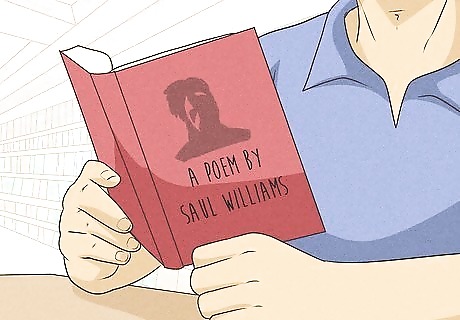
Look for inspiration in other inherently lyrical art forms. Rap and hip-hop are essentially poetry with a heightened emphasis on the internal rhythms of the language, so don’t be afraid to look at some modern poetry movements for inspiration. For example, Saul Williams is an American poet and winner of the Nuyorican Grand Slam Champion prize. He has also worked with Nas, Kanye West, and Jay Z. The wide array of structure, meter, and other lyrical devices found in poetry may even influence you to try something new to the rap genre that you never would have considered otherwise.
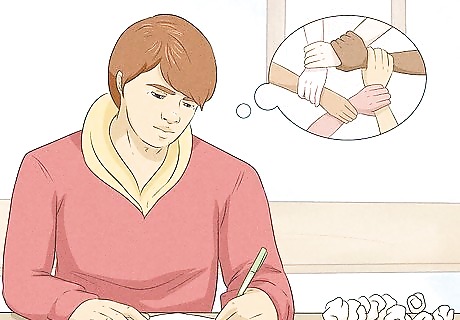
Work on your message. Plenty of rappers bring a comedic approach to their music, but the time-tested artists usually have something serious to say beneath the jokes. Try to relate to your listeners and rap about things with meaning. Rap about current events, social issues, or even everyday observations.
Working on Your Flow
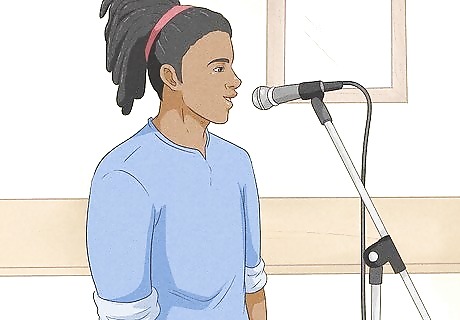
Practice voice lessons. Rappers are musicians whose voices are their instruments. Voice lessons will help you with range, melody, and a variety of other singing aspects.
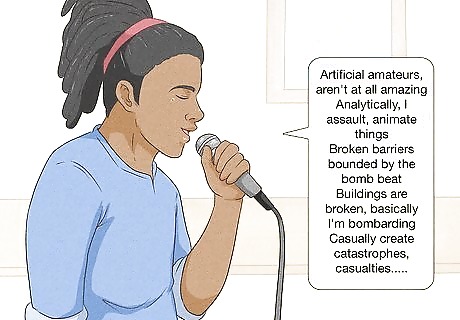
Rap along to your favorites. Just as a guitarist might learn how to play Jimi Hendrix songs to practice skills, you should practice rapping along to some of your favorites to improve your flow and timing. Don’t pick easy songs or just one artist. Practice a wide range of songs with variations in tempo, rhyme scheme, and song length to exercise several different skills with regard to your singing. “Alphabet Aerobics” by Blackalicious is a perfect tongue-twisting example to put your flow skills to the test.
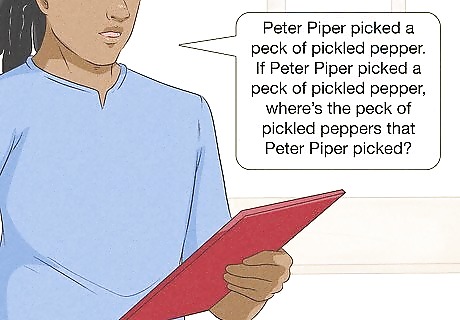
Do diction exercises. In addition to rapping along to other songs, try doing other exercises to increase your precision with diction. This page offers a diverse list of tongue twisters to practice, and they even come arranged by letter if you need to work on a specific sound.
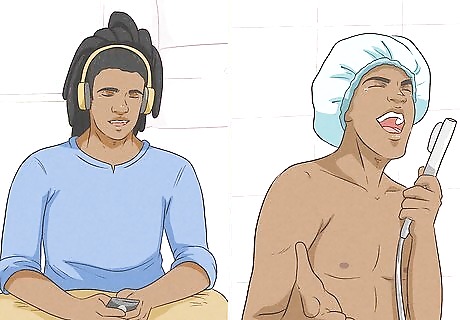
Practice and then practice some more. Practice rapping every chance you get, whether it is in your bedroom, outside, or in the car. The more you practice, the better your flow and skills will become. Try rehearsing your own raps in several different styles and at different speeds as well. This is both good practice, and you might stumble upon an unexpected flow as well.
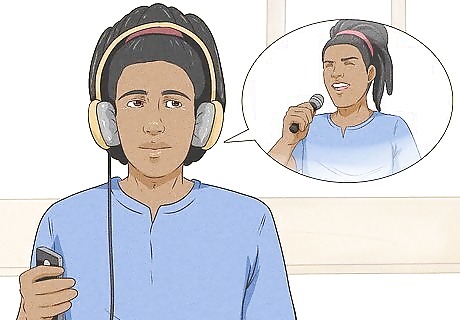
Listen to yourself. Record yourself rapping and play it back to see what you are doing right and wrong. This is also a great way to practice different approaches to the same material since it gives you an easy way to compare them afterward. Previous recordings also give you a way to gauge your progress, which is hard to measure when you work on something every day.
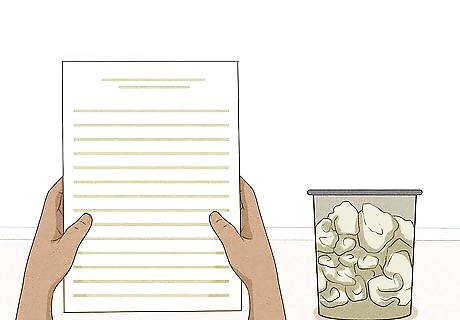
Know when material isn’t working. Sometimes ideas won’t come to fruition in the way you want. In these scenarios, it’s better to set something aside and come back to it later. This also means knowing when to let go of an idea. Sometimes a project ultimately becomes about salvaging one great line and scrapping the rest, So don’t be afraid to start over.
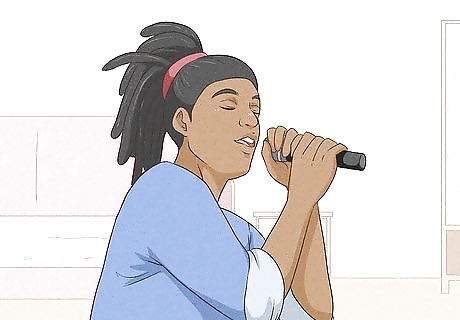
Freestyle. Freestyling can greatly help you improve your rap skills. If you can think of a good line on the spot, there's no doubt you can think of a great line in the comfort of your own home.
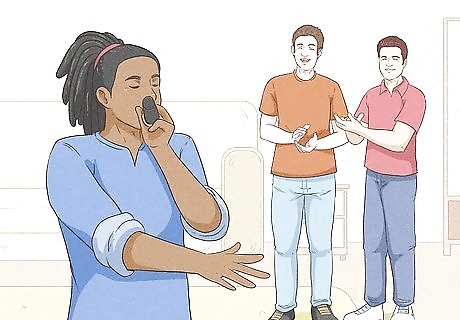
Get others to help out. Friends and family can listen to your raps and help you improve. You can also go to other aspiring rappers for tips and help.

















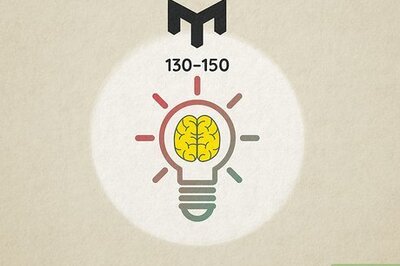

Comments
0 comment